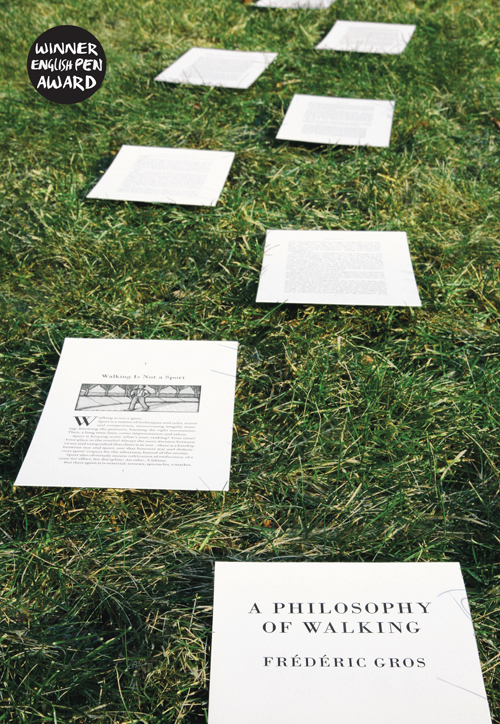Read August 2014
Sometimes you read a book that opens your mind to what a book can be.
The philosophy of walking is part philosophy, exploring the reasons, the feelings and the defining characteristics of walking. It is part biographical, telling us about the walking habits (and in fact wider lives) of philosophers and poets – Nietzsche’s epic walking, Rousseau’s incessant walking, Rimbaud’s constant fleeing, Thoreau’s belief in the walk, etc.
Above all it is lyrical, poetic even: the writing is beautiful throughout; it flows, it captures the moods and insights well beyond the sheer fact of putting one foot in front of another.
I have read other books like this, but not often.
A surprising element of the book is the focus on the countryside: on walking as something that is rural; across expanses of nothing; coming across streams, trees; coping with the weather; and so on.
Only one chapter is about urban walking where he talks about Baudelaire as the ‘urban flaneur’.
It’s refreshing and unusual for a contemporary philosopher or social theorist to talk about the countryside in a positive way: so many, like Negri or Harvey, see the city as the place of interest, change and potential.
Walking, too, in this book is about solitude: being alone, trudging, thinking and reflecting – it’s rarely a social affair. The aloneness takes many different forms, Gros says, but often – very often – it is the way in which thinkers think, the way they get their ideas.
Packed of little snippets of insight, one that is memorable for me is that books written in studies lined with books – books based on other books – are heavy, dense, difficult, whereas books borne of walking are light, airy, refreshing. This book is very much the latter – a lovely read, few references, philosophical and poetic. A very different kind of book.
